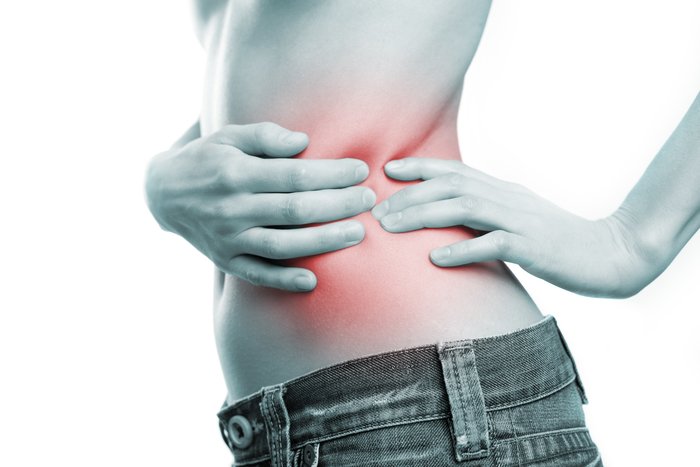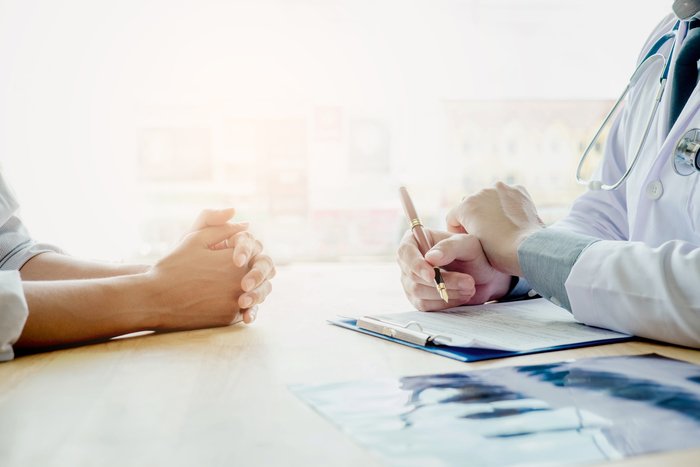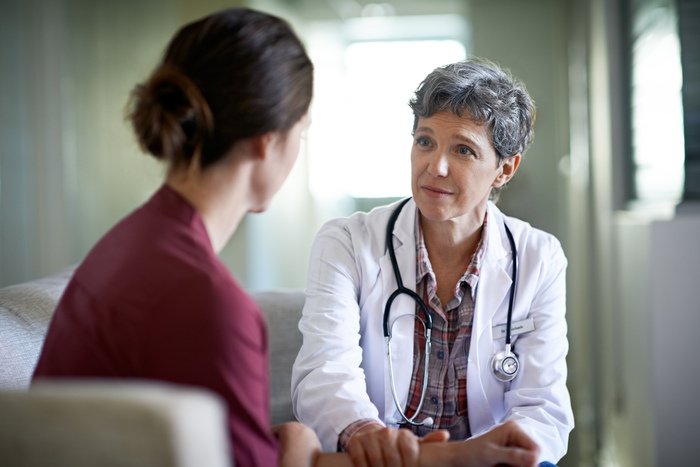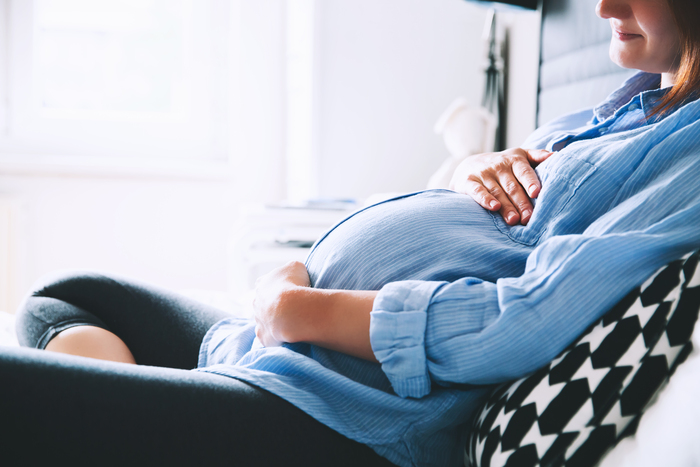Uterine fibroids often come with symptoms that can have a significant effect on daily life. One of the common, but often undiscussed challenges is how fibroids impact your sex life. While it isn’t particularly dangerous to have fibroids and engage in intercourse, it can still be a very uncomfortable experience. And certain fibroid symptoms such as weight gain, excessive bleeding and fatigue may contribute to physical and mental issues that cause many women to avoid sex, thanks to fibroids.
Fibroid Symptoms During Sex:
Pelvic and Cervical Pain
Depending on their location, fibroids can have several adverse effects during intercourse. Fibroids that grow along the lining of the uterus, known as submuscosal fibroids, may cause very heavy or unusually prolonged menstrual bleeding. Anxiety, embarrassment or just the fatigue from blood loss can make anyone uninterested or unwilling to engage in sex.
Fibroids located along the outer surface, called subserol fibroids, cause pain by pushing on the pelvic nerves. If the fibroids happen to be on or near the cervix they will make intercourse acutely uncomfortable and may cause spontaneous bleeding. While positions to minimize vaginal penetration may help with this discomfort, sex often becomes a struggle many women choose to avoid.
Weight Gain
Fibroid symptoms such as excessive weight gain and abdominal bloating can negatively impact a woman’s confidence and self-image, reducing her desire to engage with a partner. Very large fibroids, which may extend the uterus to pregnancy dimensions, tend to make sex awkward and unfulfilling.
Heavy Bleeding and Fatigue
A heavy or constant menstrual flow is another significant factor that may inhibit your desire for intercourse. Heavy bleeding that lasts weeks instead of days isn’t just embarrassing or annoying, it can lead to iron and hemoglobin deficiency, a medical condition known as anemia, which causes nausea, dizziness and fatigue.
All of these fibroid symptoms and side-effects take a toll. Not only physically, but also psychologically. Fibroids that impact your sex life have very real consequences. Whether you are married, in a relationship or dating, a medical issue that influences the way you feel about yourself, your body or your sexual desire, shouldn’t be ignored.
Possible Fibroid Symptom Solutions for your Sex Life:
Every woman is different. Every woman’s body is different. There isn’t just one solution to a fibroid problem that’s impacting your sex life. But here are a few simple suggestions that may help. If pelvic and cervical pain are the primary issues, consider changing to one of the following sexual positions to help alleviate pain and pressure:
- Instead of standard missionary, place a pillow under the buttocks, elevating the angle of penetration
- Side Lying
- Doggy Style
Dietary changes that lower estrogen and slow fibroid growth (there is a proven link between estrogen and fibroids) may be useful. Avoiding red meat and dairy, eating more vegetables and organic food, may lessen food-related hormones. While this won’t eliminate fibroids, it may help slow their growth.
Talk to your partner. While fibroids are very personal, so is sex. If fibroids are causing sexual issues and your partner isn’t aware how they affect you, a lack of communication will only cause more problems. A partner who knows you have constraints or physical limitations is far more likely be understanding than someone who assumes you just don’t like sex or don’t like them.
Fibroids that cause life-altering symptoms are not likely to go away by themselves. Yes, there are steps you can take that may lesson uncomfortable intercourse, but professional treatment is ultimately a more practical and lasting solution. Surgeries, like myomectomy, physically remove fibroids. Hysterectomy will remove the uterus and consequently, any uterine fibroids. But something far less drastic or invasive, is a treatment more and more women are choosing: fibroid embolization. Embolization shrinks fibroids instead of surgically removing any tissue or organs. It offers immediate fibroid symptom relief, preserves your fertility, and could get your life (especially your precious and important sex life) back on track.
Is embolization right for you? A free consultation can help you decide.










